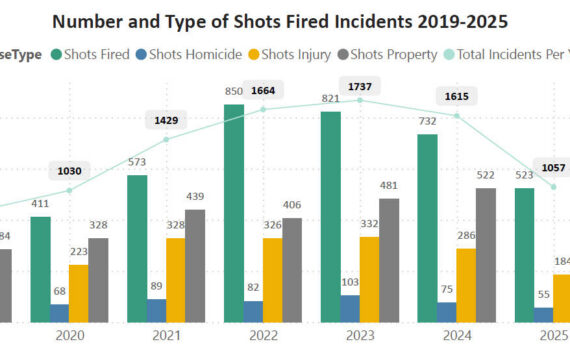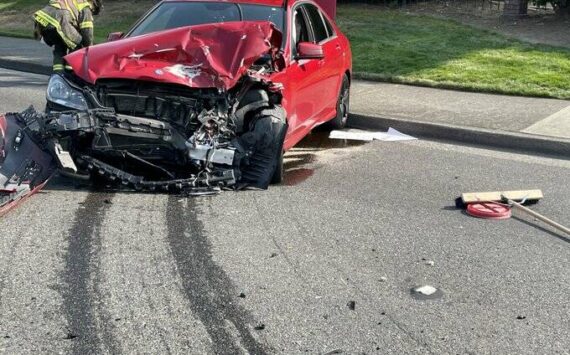A couple of years ago, when California NAACP head Alice Huffman endorsed marijuana legalization in her state, more than 20 African-American leaders called for her resignation.
“Why would the state NAACP advocate for blacks to stay high?” one church leader said. “It’s going to cause crime to go up. There will be more drug babies.”
So it’s no insignificant thing that three African-American pastors have now endorsed Washington state’s legalization measure: Last week, the Rev. Leslie Braxton of New Beginnings Christian Fellowship, the Rev. Carl Livingston of Kingdom Christian Center, and the Rev. Steve Baber of Skyway United Methodist Church all put their names behind Initiative 502.
Alison Holcomb, head of the initiative campaign, concedes that African-Americans have been “a very tough community to bring on board.” Many, she says, “view drugs as destroying their community.” But legalization campaigners made a deliberate effort to reach out to African-American leaders, recently hosting luncheons for pastors, one with Huffman and one with Paul Butler, an African-American former U.S. Attorney and author who’s become a crusader against mass incarceration.
“The traditional face of the marijuana-legalization movement” doesn’t work very well in the black community, Holcomb allows, so these speakers undoubtedly had an appeal that well-meaning white liberals couldn’t summon. And the fact is, the legalization debate can be effectively framed in racial terms. As the I-502 campaign’s release about the endorsements puts it: “In Washington, an African-American adult is three times as likely as a white person to be arrested for marijuana possession, three times as likely to be charged, and three times as likely to be convicted, despite the fact that white Washingtonians use marijuana at a slightly higher rate.”
The release also quotes Rev. Braxton: “It’s no longer enough to say the War on Drugs has been a failure. We have to recognize that it has done damage, especially to black Americans, and we have to change course. Marijuana-law enforcement has become a pretext for pushing people into the criminal-justice system, where they get branded with criminal records that turn them into second-class citizens facing additional barriers to education and employment.”
Rev. Baber adds that drug enforcement has turned into the “reincarnation of Jim Crow. If you have a felony conviction, then you get all these prohibitions: You can’t get federal loans, you can’t vote, you can’t stay in public housing.”








